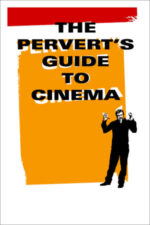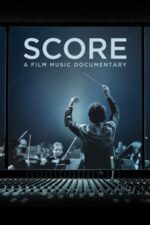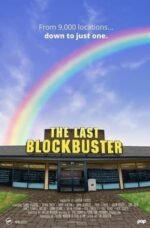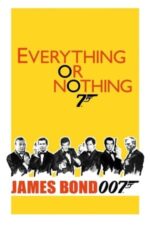More Than Just Movies: Digging into Cinema History Itself
Isn't it amazing how a single film can transport you? But what about when a film about films does that – pulls back the curtain and lets you peek behind the magic, revealing not just how stories are told, but how storytelling itself has evolved? That’s what I find so endlessly fascinating about cinema history. It's not just dates and names; it's a vibrant tapestry of innovation, struggle, and sheer creative brilliance.
We often focus on the finished product – the dazzling visuals, the compelling performances – but understanding how we got here adds another layer of appreciation. Take Alice Guy, for example. Seriously, how many of you knew she was essentially one of the first female directors ever? Her story, as explored in "Alice Guy, the First Female Filmmaker," is a powerful reminder that so much pioneering work has been historically overlooked, particularly when it comes to women and marginalized groups. It’s humbling to realize just how much we've missed!
And it's not just about individual pioneers. Consider the incredible physicality and dedication of those Hong Kong stuntmen documented in "Kung Fu Stuntmen." Those fight sequences we take for granted? They were often achieved through grueling, dangerous work – a testament to their skill and commitment. It’s easy to get caught up in the spectacle, but remembering the human cost behind it adds real weight. I remember seeing a documentary about Jackie Chan once where he talked about his early days doing stunts; it was brutal!
Then there's the meta-level – films about filmmaking. "Fellinopolis," with its intimate access to Federico Fellini, is pure gold for anyone interested in creative process. Seeing that legendary director at work, grappling with ideas and embracing chaos…it’s inspiring. It reminds you that even geniuses are just people, wrestling with their craft.
But cinema history isn't always about grand auteurs or groundbreaking techniques. Sometimes it's about unexpected places and communities reclaiming a lost piece of the past, like in "The Big Picture," which chronicles the revival of Bristol’s abandoned IMAX. That DIY spirit, that sense of collective ownership…it speaks to the power of film to connect people and revitalize spaces.
Even something seemingly straightforward like horror anthologies – explored so cleverly in “Tales of the Uncanny” - reveals a fascinating evolution of storytelling techniques and how cinema reflects our deepest fears. And for those interested in modern blockbusters, "The Skywalker Legacy" offers a peek behind the curtain of a massive franchise, showing the sheer scale and dedication involved in bringing something like Star Wars to life.
Ultimately, exploring cinema history isn't about becoming an expert; it’s about deepening your appreciation for the art form itself. It's about recognizing that every film you watch is part of a larger conversation, a continuous evolution of storytelling. So next time you settle in for a movie night, consider taking a moment to think about the journey that brought that story to the screen – you might just see it in a whole new light.






































